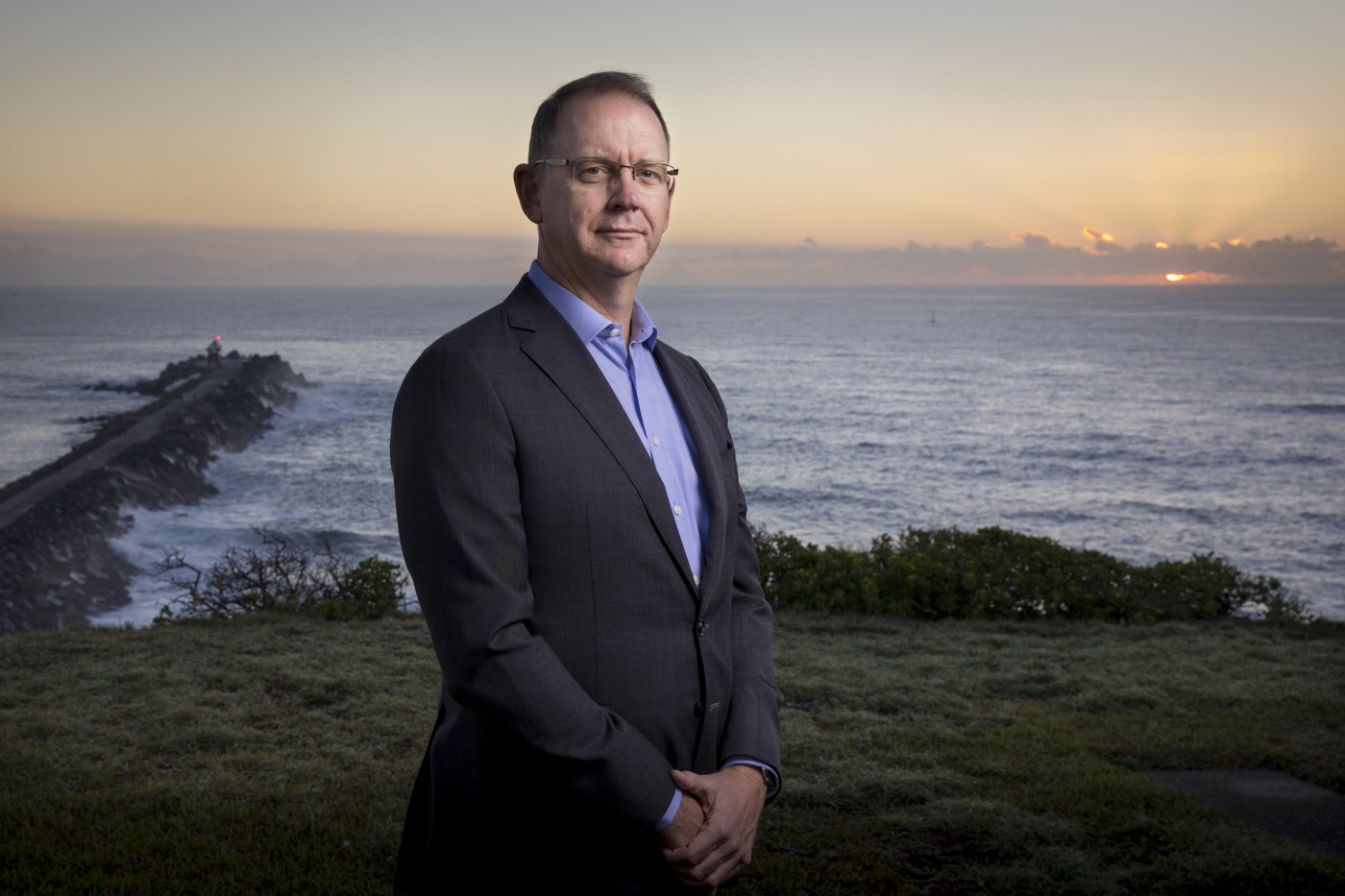
It is encouraging to see bipartisan recognition of the need for clear education and skills development pathways if we are to manage regional employment shifts over the coming decades.
The Regional Australia Institute report – The Future of Regional Jobs – released this week is a welcome contribution to a topic often bogged down in fear.
The report points to the need to align skills development to growth areas, better understand regional centres vulnerable to automation and support community-led responses.
As the report points out, while some jobs may be lost to automation, better technology brings with it new jobs and new ways to do existing jobs. That requires new skills to be cultivated.
Too often we can fear automation. Here in the Hunter, we could instead see this as an incredible opportunity to develop and attract the sort of advanced skills needed in a technology-led environment.
Port of Newcastle is planning a privately-funded, fully-automated and electrified container terminal at an estimated cost of $1.8 billion.
Subject to NSW Government policy change, the terminal could begin operating in 2023-24.
AlphaBeta Economists found the Hunter and Northern NSW will gain 4,600 new jobs by 2050 as a result of the terminal. These jobs are created right up and down the supply chain.
The port will need schedulers, surveyors, terminal supervisors and operators, freight and logistics managers and planners.
The region will need computer programmers, freight and logistics analysts, automation electrical and mechanical engineers and programmers, remote controller operators, warehouse and distribution managers, designers, intermodal managers and operators.
Where will they come from? Where will they be trained?”
The education foundations for a lot of these jobs will be in STEM.
The Port will need some of these people with these skills in five years. That means students in year 12 this year need to be thinking about working for Newcastle Container Terminal or associated industries now.
The port’s proximity to Williamtown, the home of the Joint Strike Fighter program, means competition for similar skills.
Rather than seeing other major employers as competition, we need to work together to create the wider and deeper talent pool we will all need.
People with these skills can be sourced from other parts of Australia and overseas. But, by working collaboratively now, the Hunter has an opportunity to create its own local employment pathways.
Craig Carmody is CEO of Port of Newcastle
Article first published in the Newcastle Herald Wednesday 10 April.
